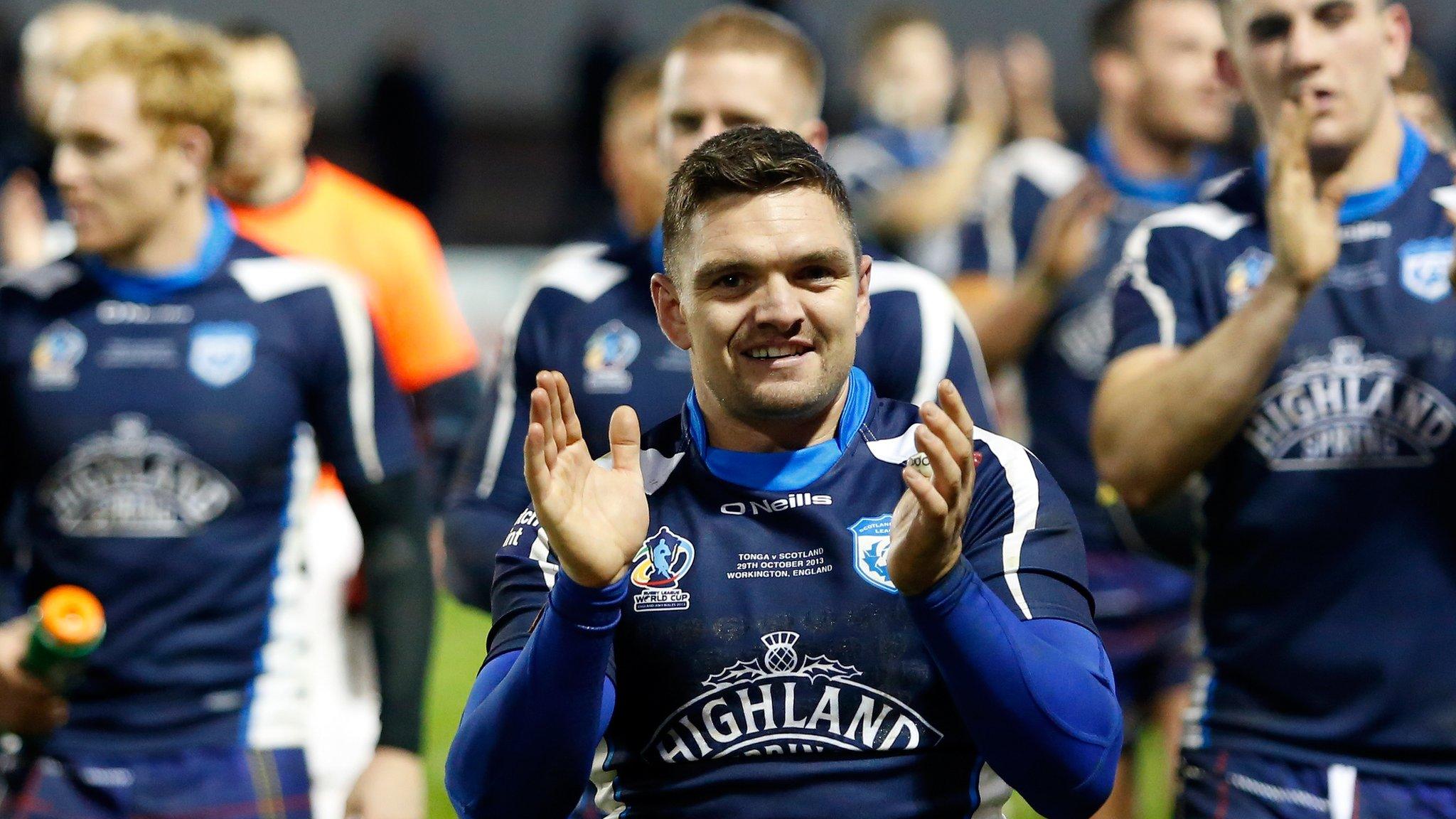Four Nations 2016: Scotland aim to claim historic victory
- Published
What do Scots know about rugby league?
In the minds of many, rugby league's Four Nations is more akin to the Three Nations plus one.
The fourth-ranked team in the competition are traditionally the whipping boys for the big guns of Australia, New Zealand and England.
In the four previous editions of the tournament in its current guise, no team outside the big three has been able to spring a shock on the international heavyweights.
2016 Four Nations (all times GMT, unless stated) | |
|---|---|
28 Oct: Australia v Scotland (20:00), Hull | 29 Oct: England v New Zealand (14:30 BST), Huddersfield |
5 Nov: England v Scotland (17:30), Coventry | 5 Nov: New Zealand v Australia (20:00), Coventry |
11 Nov: New Zealand v Scotland (20:00), Workington | 13 Nov: England v Australia (14:00), London |
20 Nov: Final (14:30), Anfield, Liverpool | |
Scotland have qualified for the tournament for the first time thanks to their victory in the 2014 European Cup.
On the face of it, they appear to be lambs to the slaughter, but the Scots are determined to succeed where France, Papua New Guinea, Wales and Samoa failed before them - by winning a Four Nations match.
"We're not going to be in this competition to just lie down, get autographs and swap jerseys at the end of it," said Scotland head coach Steve McCormack.
"We're here to have a good crack at it."
Scotland's European Cup victory came the year after an excellent showing at the World Cup in England. They progressed from their pool to reach the quarter-finals for the first time, where they lost to eventual runners-up New Zealand.
McCormack believes his team are stronger now, although he is fully aware of the scale of their challenge in the Four Nations.
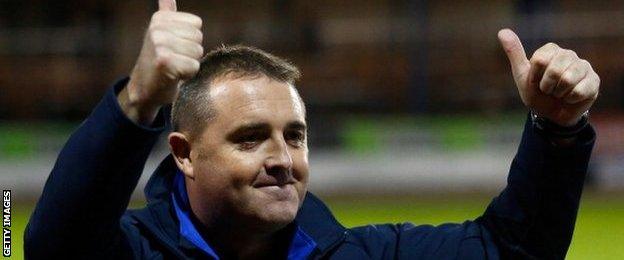
Steve McCormack has won 11 of his 28 games as Scotland head coach since 2004
"This competition is one of the most difficult in the world," McCormack told BBC Scotland. "It's one of the biggest challenges in sport.
"We're in this competition to do well. We've always been underdogs. We've always batted above our average as far as doing well in competitions.
"We've earned the right to play against the big three. We're aware of the challenge, the best three teams in the world. But we're confident. We've always thrived on that kind of challenge."
'We had to find 13 professional Scottish players'
Scotland's debut in the Four Nations comes two decades after they were officially granted full international status by the International Rugby League Board.
Alan Tait was already an established rugby league star by 1996. His performances for Widnes and Leeds had earned him international honours with Great Britain, including an appearance off the bench in the 1992 World Cup final loss to Australia at Wembley.
Despite playing at a higher level, Tait had no qualms about answering Scotland's call to lead the side in their first full international against Ireland at Firhill in August 1996.
"They had obviously played a few warm-up games with mainly students, guys from the forces and whatever," Tait recalled.
"It was an honour. When somebody asks you to captain your country you grab it with both hands. I didn't know what I was walking into, but I couldn't have been more proud.
'We had to search for 13 professionals'
"We had to dig deep and search hard to find 13 professional Scottish players but we did. We played Ireland up at Firhill. It was a great occasion.
"Going to the game on the bus I can remember switching on a Braveheart track that was on the go at the time and saying to the guys, 'this is what we're all about'.
"We turned over Ireland pretty convincingly. They had a good team - guys like James Lowes and Terry O'Connor - so it was nice to put one over on them. That was the end for me but the start for Scotland as a professional team."
Tait would depart soon after, switching to rugby union where he enjoyed tremendous success, including Scotland's last Five Nations title in 1999 and a key role in the British and Irish Lions series win in South Africa in 1997.
'We're always underdogs - typical Scotland'
Two decades on and McCormack boasts of "world-class players" in his squad such as Lewis Tierney (son of the dual code legend Jason Robinson and himself a Grand Final winner with Wigan), Lachlan Coote of the North Queensland Cowboys, Warrington's Matty Russell and the long-serving captain Danny Brough.
The absence of Scottish voices in the camp is conspicuous, but the commitment to the Scotland cause is plainly evident. Nobody encapsulates that better than Brough, the Huddersfield Giants half-back who has represented Scotland since 2004.
"I started in 2004 and we have grown as a nation since then," said Brough, named Super League's 'Man of Steel' in 2013 and shortlisted for the International Player of the Year award the same year.
"It's totally different. In 2004 it basically cost us to play. You're just wearing your heart on your sleeve, but it's moved on since then. We're actually getting some kit that fits us!
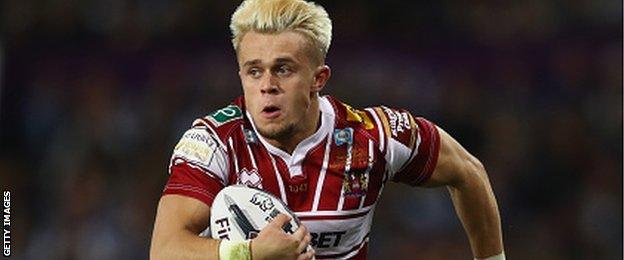
Lewis Tierney, son of Jason Robinson, was part of the Wigan team that won the 2016 Grand Final against Warrington
"We didn't have that much support from 2004 to 2010 but the last four or five years we've really grown as a nation. We go up to Scotland to have training camps and people actually know who you are. Back in 2004 nobody had a clue."
Scotland are using this Four Nations as preparation for next year's World Cup in Australia, whom they face in the tournament opener in Hull on Friday (20:00 BST kick-off).
"We are massive underdogs, we won't tell tales about that," Brough added.
"Nobody expects us to win one game, but if we can compete, progress again for that World Cup next year, hopefully we can have a little shake-up in there and win a game. That's the plan. We're always underdogs - typical Scotland. Always come out fighting and give our best.
"We want to compete and be as close as we can. We want to cause an upset along the way and that's what we'll be trying to do.
"That's our main aim, to win one game. If we do that it would be a great success and hopefully we could kick on from that."
- Published24 October 2016
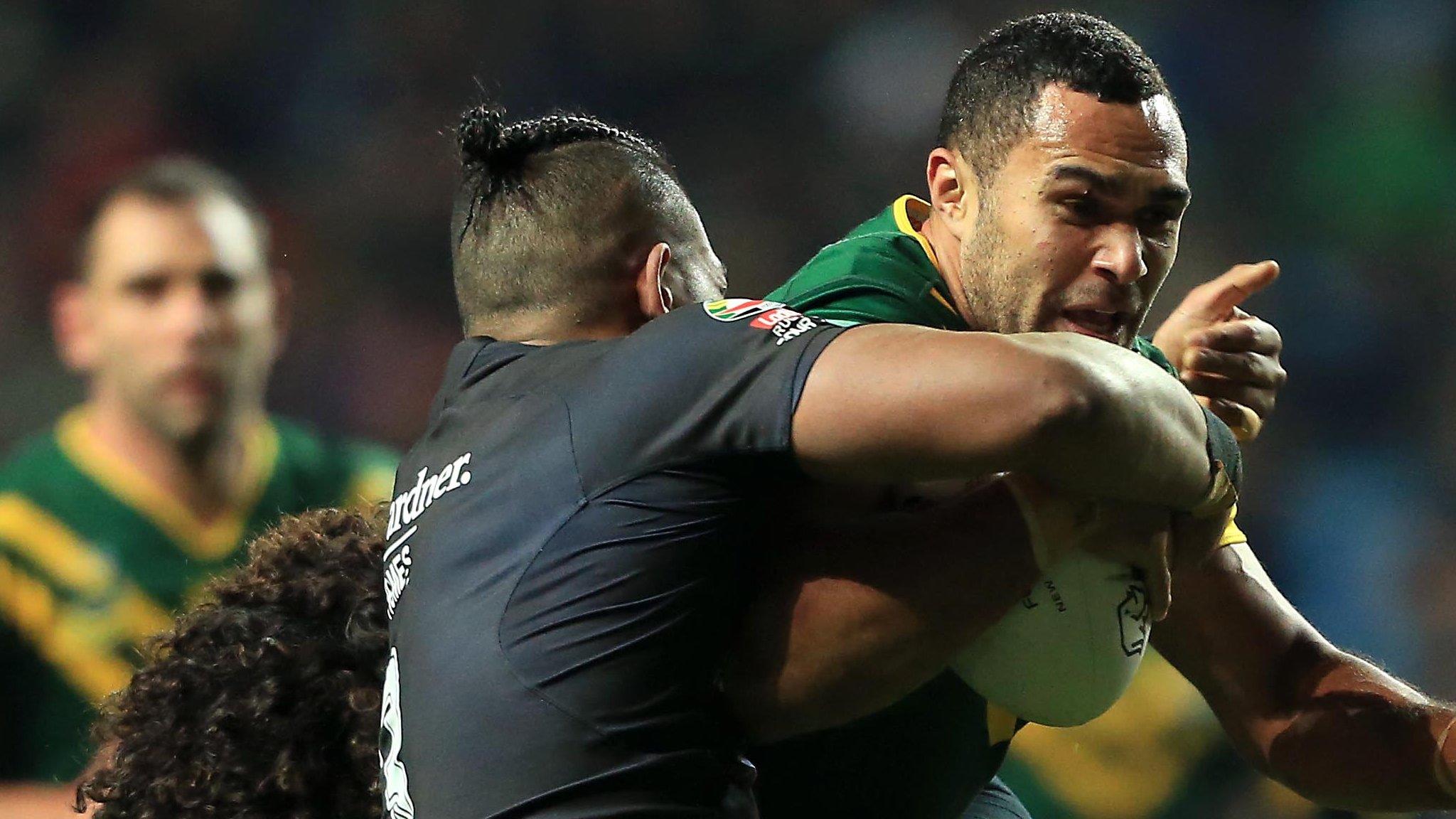
- Published22 October 2016
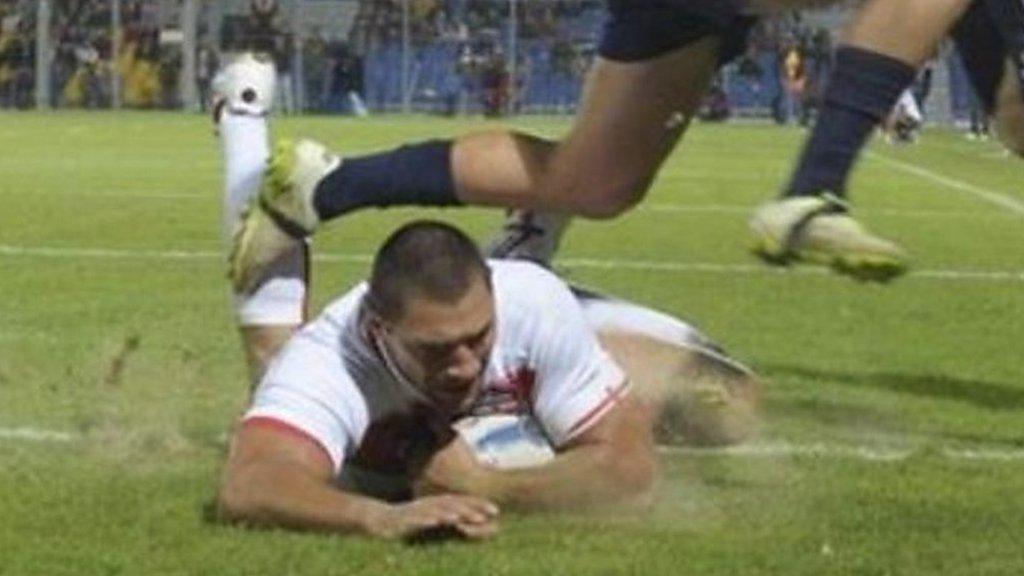
- Published21 October 2016
